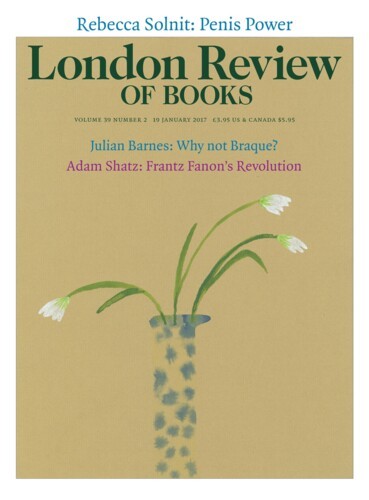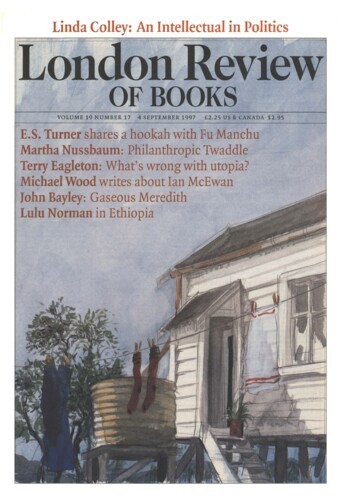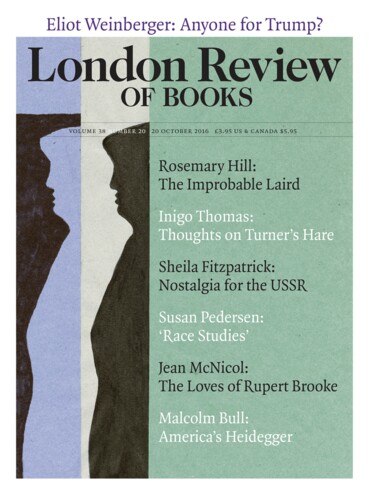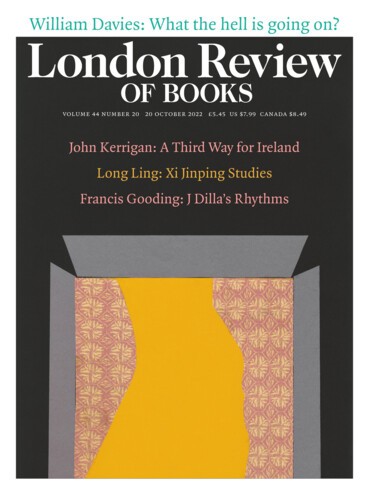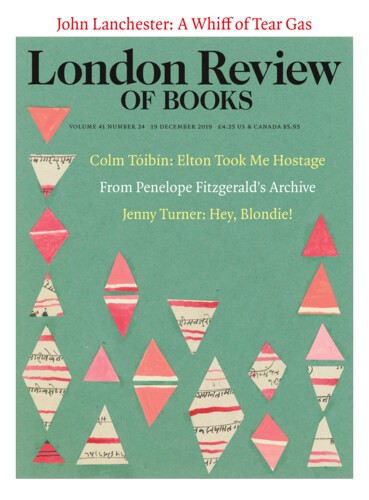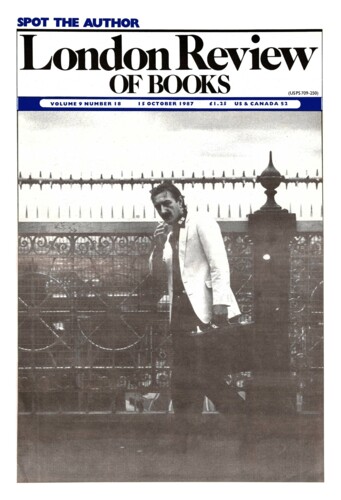Utopia in Texas: Thomas More’s ‘Utopia’
Glen Newey, 19 January 2017
Life in Thomas More’s Utopia, like many others inspired by it, isn’t much fun. As Ralph Robinson’s English version of 1551 puts it, Utopians enjoy ‘neither wine-taverns, nor ale-houses, nor stews, nor any occasion of vice or wickedness’. Utopia enforces a form of workfare, and generally its inhabitants have little leisure, which they spend on ‘honest and laudable pastimes’. It all sounds rather Calvinistic.
